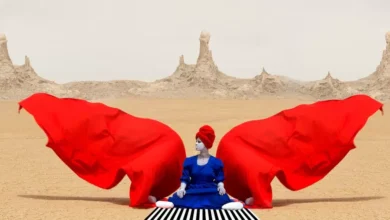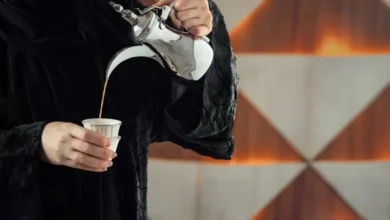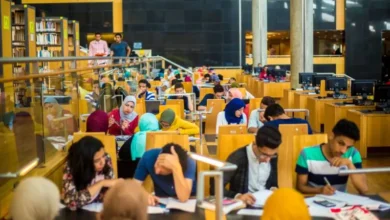Sharjah Fort celebrates 200 years: Journey of resilience and restoration
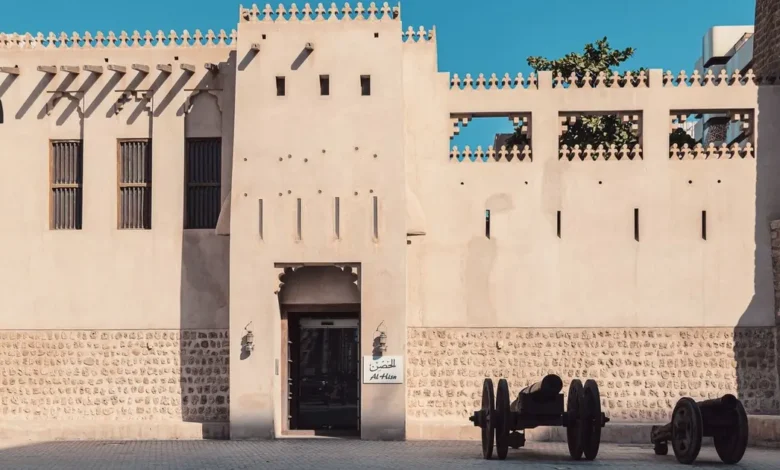
Sharjah Museums Authority (SMA) is commemorating the bicentennial of Sharjah Fort’s establishment with a series of engaging events, activities, and workshops.
From August until December, specialized tours, adventurous events, and captivating theatrical performances designed for the occasion, will offer visitors a window into the emirate’s rich history and significant cultural narratives.
The activities included the 8th session of SMA’s popular ‘Al Hisn in Memory’ program, which took place on October 11, 2023. This year’s session featured a panel discussion titled “The Great Historical Monument,” bringing together experts in the history of the emirate.
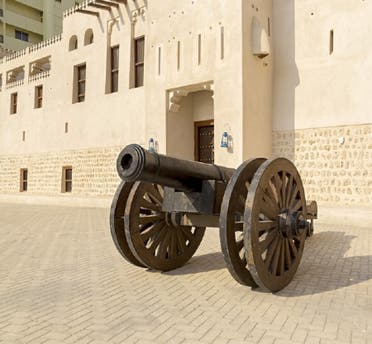
Marking the National Day on November 28 as part of this celebration, entry to the Fort on December 1 and 2 will be free and a various cultural and entertainment programs will be held for all ages to reinforce national identity and patriotism and to promote a deeper understanding of Sharjah’s modern history, the ruling family, daily life in the emirate 200 years ago and the fort’s history and restoration leading to its official opening in 2015.
This historic fort, built in 1823, utilized soft light brown plaster and coral stone found plentifully in the depths of the Gulf.
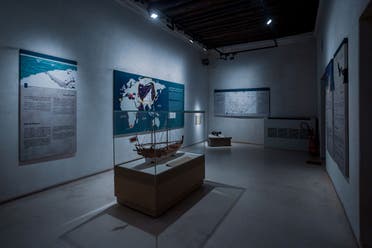
Its doors were crafted from teak wood, while the ceiling, exhibiting an impressive geometric design, was constructed using palm fronds and mangrove tree columns.
Throughout its history, the fort faced many challenges, notably when Dr. Sheikh Sultan bin Mohammed Al Qasimi, Member of the Supreme Council and Ruler of Sharjah, learned during his 1969 studies in Egypt of its impending demolition.
This urgent news prompted his swift return to Sharjah to salvage the fort’s remains, which were just a tower and two damaged walls.
Rebuilding the fort was a vision close to Sheikh Sultan’s heart as he retained the primary doors of the fort, including the Fort gate, Al Sabah gate, and Al Khazna gate for 28 years before he directed its reconstruction based on historical photographs.
Once the restoration was finished, Sheikh Sultan enriched the fort with collections that chronicle the history of Sharjah city.
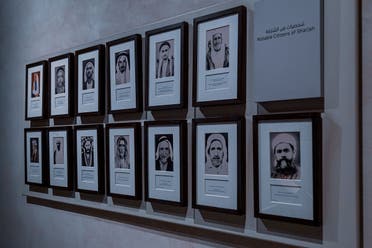
The fort boasts two levels, a spacious central courtyard, three defensive towers named Al-Mahlousa, Al-Kabis, and Musharraf Square, and a primary balcony housing the repentance wood previously used to mete out punishments.
Its ground floor comprises the arrest room which has been transformed into a resting area, the Mahloussa prison, the armory, and the Al Hisn gallery detailing the building’s history and restoration phases.
There’s also the Madbasa Gallery where visitors can learn about the process of extracting date juice, commonly referred to as molasses, Al-Qawasim gallery that provides insights into the history of Al-Qawasim and their encounters with both regional and foreign entities.
The upper level houses Sheikh Sultan bin Saqr II Gallery, the Al-Kabis tower, the weapons gallery, the Sheikh’s room, Al Ghurfa (a room dedicated for meeting esteemed guests), the balcony, and the Majlis dedicated for showcasing historical documents and photographs.
The fort is home to an array of artefacts, including the main gate, the dancing cannon, the pearl magnifier, the royal bed, Marduf Al-Qawasim’s coin, letters from Somali royal beds, the 1820 treaty the Quran stand belonging to Sheikh Khalid bin Sultan Al Qasimi, the Qawasim’s flag, the occupation flag, the Naval Cannon a pocket watch, and the passport of Sheikh Sultan bin Saqr II.
It also houses the Al-Qawasim lineage chart and origins diagram, the Katara blade, Al-Shatfa headband, and numerous other historical objects.
Sharjah Fort has been the venue for numerous events spearheaded by the Sharjah Museums Authority (SMA).
Among the most notable is the yearly “Fortress in Memory” initiative through which the Authority endeavors to showcase Sharjah’s historic sites and accentuate the region’s abundant heritage.
This past February, it was adorned with captivating lights for the Sharjah Lights Festival 2023 and was the venue for Haq Al Laila celebrations and an array of programs, recreational and cultural workshops for both adults and children including traditional games, heritage contests, and diverse sections featuring customary food, henna designs, crafts, and a dedicated photography space.
Two hundred years post its erection, having observed myriad historical shifts and serving as a sanctuary for the local populace and a center for political, social, and cultural endeavors, the fort remains a distinguished architectural gem.
It resonates with immense historical significance, encapsulating the city’s timeless essence and its rich cultural lineage, drawing visitors from across the globe.
